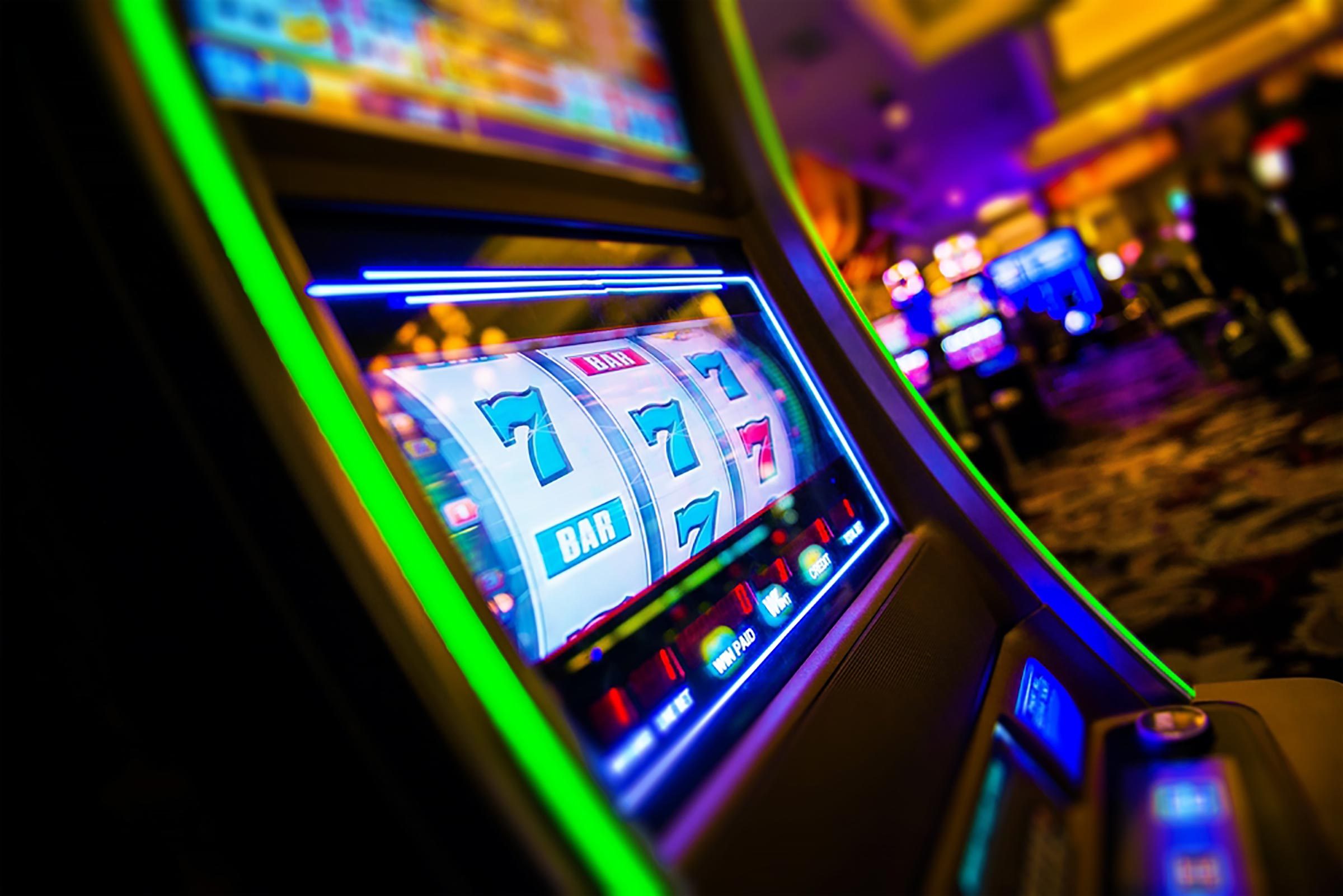
Casino experiences have long captured the imagination of individuals around the planet, becoming an essential part of both leisure and society. From the sparkling lights of Nevada to the immersive experience of online gaming, these experiences evoke enthusiasm, risk, and sometimes even a sense of remembrance. They are more than simply pastimes; they have woven themselves into the texture of human experience, influencing everything from film and melodies to fashion and writing.
The appeal of casino games goes beyond the wagering aspect, tapping into larger themes of serendipity, chance, and psychology. As players convene around a poker table or turn the roulette, they engage in an timeless ritual that echoes with our collective desire for adventure and uncertainty. This fascination has led to the rise of countless references in movies, tracks, and video games, showcasing how intensely entrenched these pastimes are in popular culture. Whether it is the intense drama of a traditional robbery film or the colorful nightlife portrayed in videos, casino games have carved out a substantial place that reflects our connection with risk and reward.
Social Impact of Gambling Activities
Casino games have played a crucial role in social contexts throughout the ages. Originating from ancient civilizations, forms of chance were often linked to rituals or events. For example, early iterations of gambling can be linked back to ancient Chinese and the Roman Empire, where die games and betting on outcomes were popular pastimes. These games not only served as entertainment but also as means of connecting people, facilitating connections among individuals within communities.
As societies evolved, so did the sophistication and structure of casino games. The creation of formal casinos in the 17th century, particularly in Italy, marked a significant shift in how games were perceived and structured. With designated spaces for gaming, the casino became a social hub where patrons from different backgrounds convened. This evolution contributed to the legitimization of the industry, transforming it from a mere pastime into an established industry that shaped the economy and policy.
The impact of casino games on popular culture cannot be overlooked. As they were brought into the limelight in literature and movies, games such as poker and 21 became symbols of risk, chance, and strategy. MM88 Famous figures and stories have developed around these games, illustrating societal attitudes towards luck, prosperity, and immorality. This fascination with casino activities has infiltrated various forms of media, cementing their status in the public imagination and connecting them to wider cultural stories throughout the ages.
Representation of Casino Games in Entertainment
Casino games have long been a popular topic in various forms of media, reflecting both the excitement and nuances of gambling culture. Films such as Ocean’s Eleven and Casino Royale portray individuals who navigate dangerous scenarios, showcasing not only the attractiveness of the casino atmosphere but also the tactics and choices that come with playing popular games like Texas Hold’em and 21. These movies often dramatize the excitement of winning and the potential results of losing, encapsulating the perils involved in gambling.
TV programs have also explored the universe of casino games, often integrating them into the plot as a backdrop for character arcs and drama. Shows like Las Vegas depict the stories of casino workers and customers, highlighting the dynamic, often tumultuous energy of the gaming floor. Docuseries featuring high-stakes betting contests further emphasize the fascination of casino games, drawing viewers into the excitement and planning involved in each game. Through these portrayals, media not only engages but also stimulates conversations about fortune, expertise, and the nature of randomness.
Gaming have increasingly incorporated casino games into their design, allowing players to simulate the feeling of betting without financial exposure. Games within the landscape of online gaming often include virtual slots, poker, and other popular casino games, creating an interactive experience that mirrors traditional gambling. These digital representations make casino games accessible to a global audience, appealing to both players who indulge and those who enjoy the thrill of virtual experiences. As a result, the portrayal of casino games in media continues to shape public perception and importance, highlighting their place in entertainment and the cultural landscape.
Effect of Casino Games on Society
Casino games have a significant impact on society, affecting various aspects of culture and interpersonal behavior. They often function as a platform for social interaction, where people come together to enjoy a shared experience. Casino trips with friends or visits to casinos become social activities that build connections and create shared moments. This communal aspect boosts the entertainment value of gambling activities, making them a favored choice for festivities and recreational pursuits.
Additionally, gambling activities have been portrayed in countless films, TV series, and literature, influencing perceptions and attitudes towards gaming and betting. Icons like James Bond playing baccarat or the high-stakes poker scenes in films have cemented these games in the collective imagination. This representation often glamorizes the culture associated with casino activities, attracting new players and impacting trends in both style and conduct. These representations can ignite curiosity and lead to a deeper exploration of the nuances of gaming.
However, there are also adverse consequences associated with the widespread appeal of casino games. MM88 The allure of quick monetary gain can lead to problem gambling and financial troubles for some people. The community must grapple with these consequences, promoting responsible gaming and education of the dangers involved. Finding a balance between the entertainment value of gambling activities with the potential for harm is vital to ensure that they continue to be a beneficial aspect of our cultural landscape.
